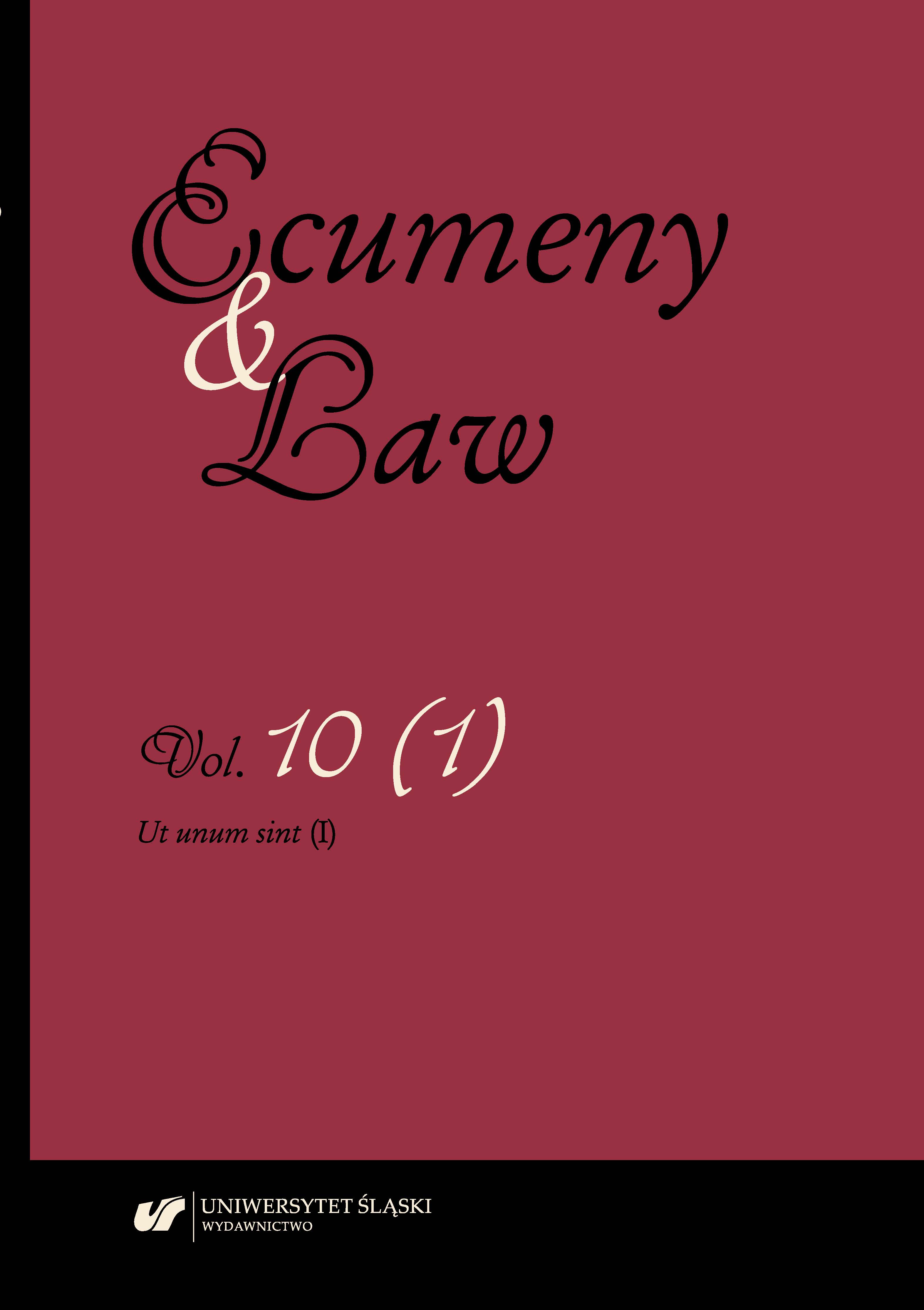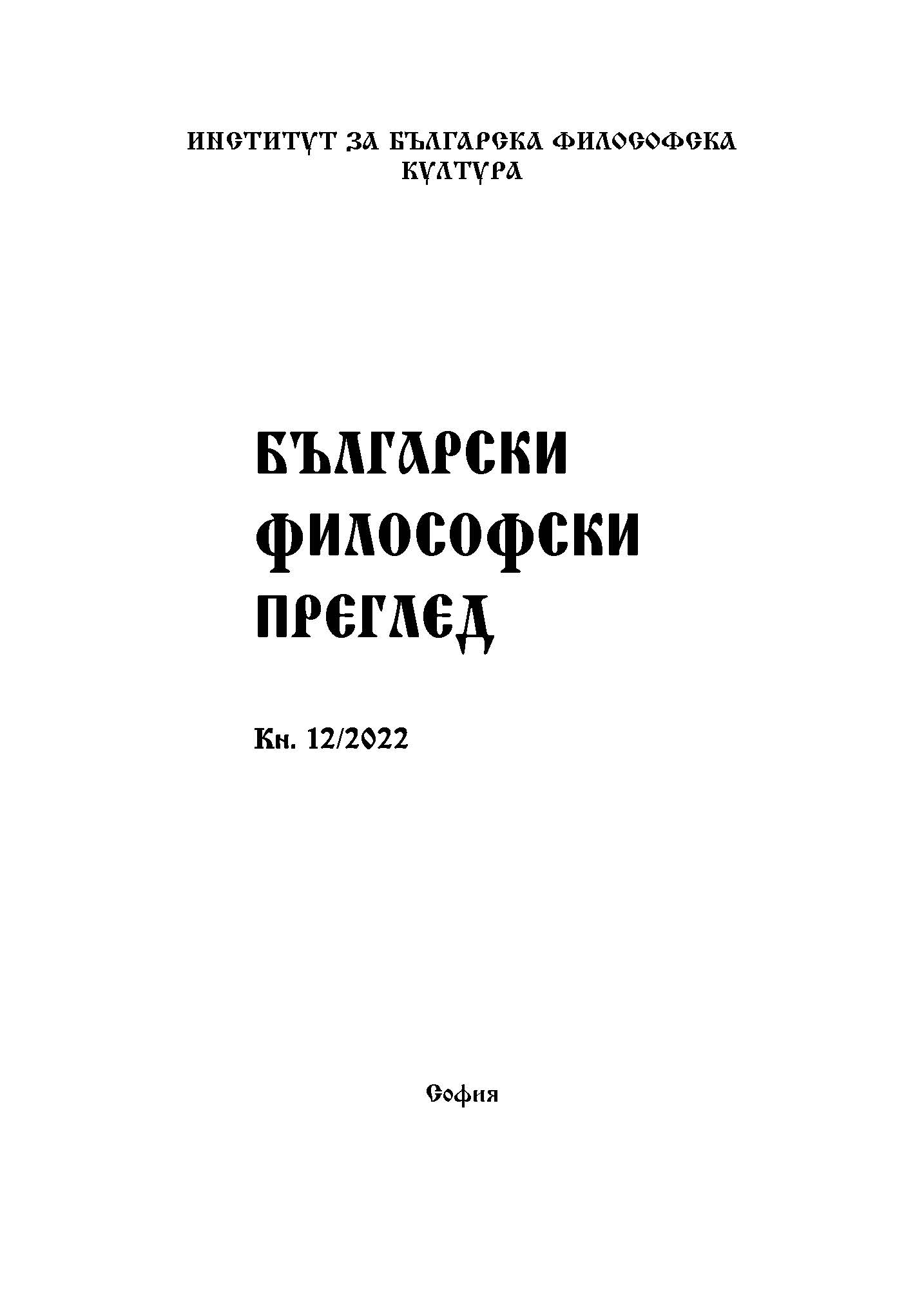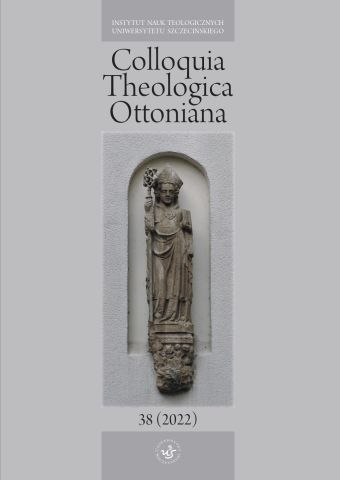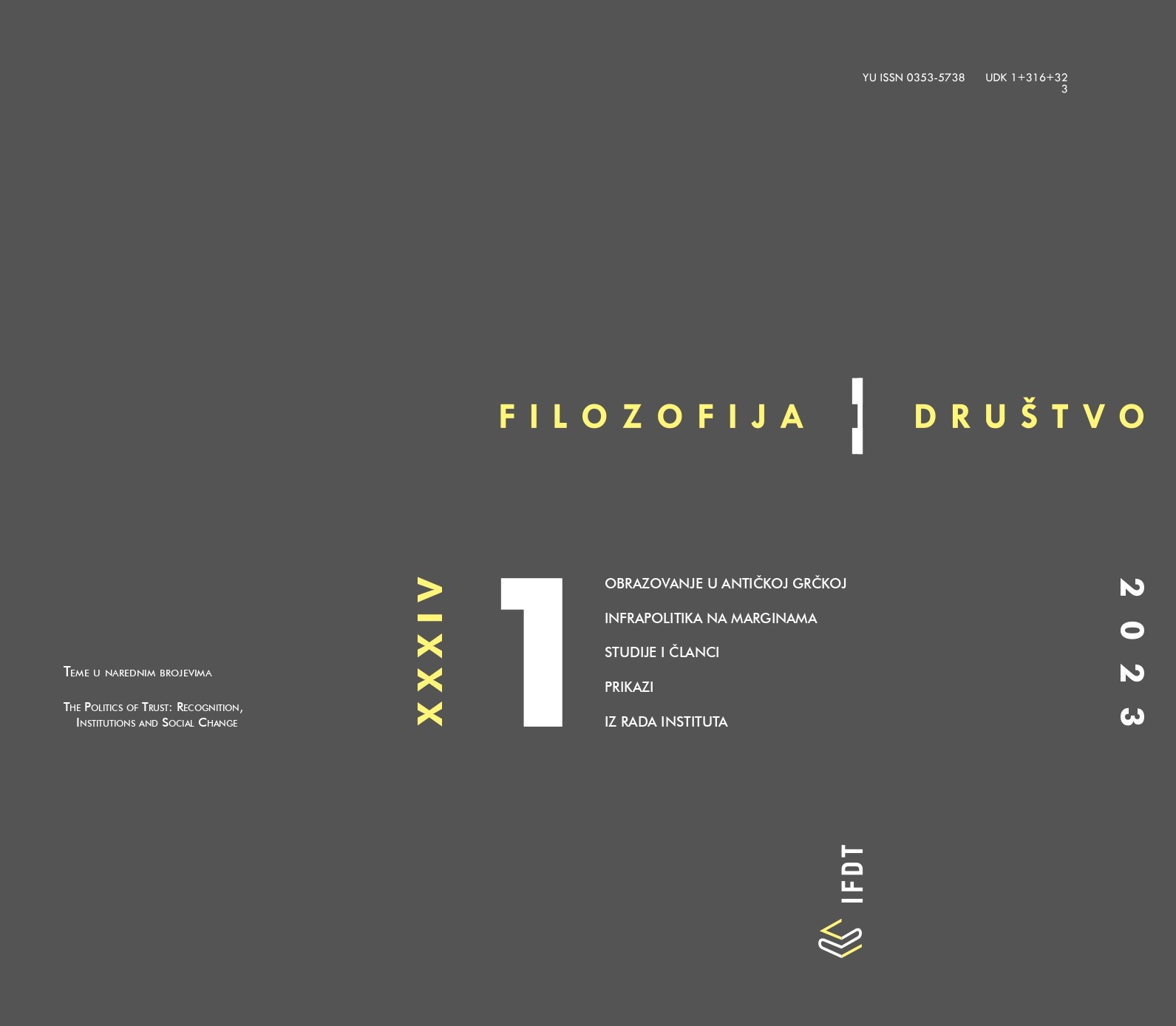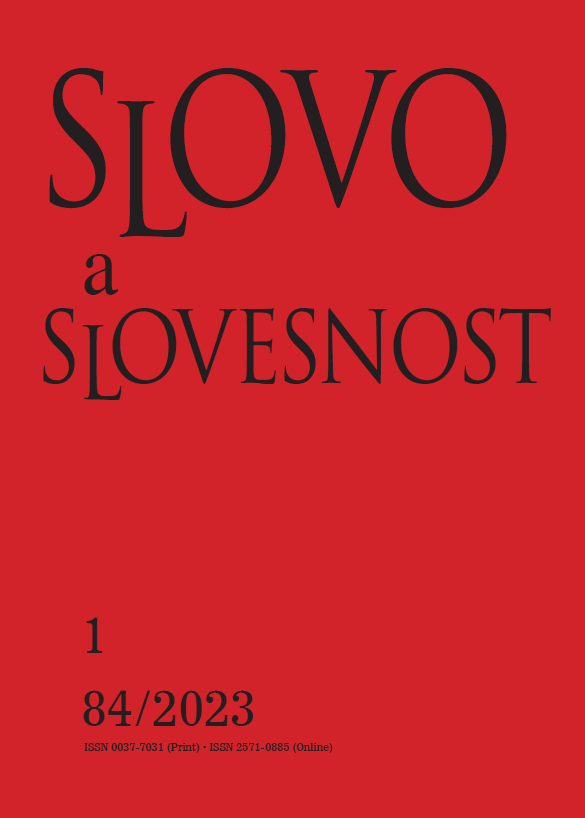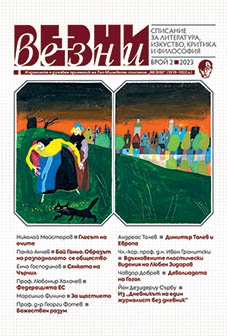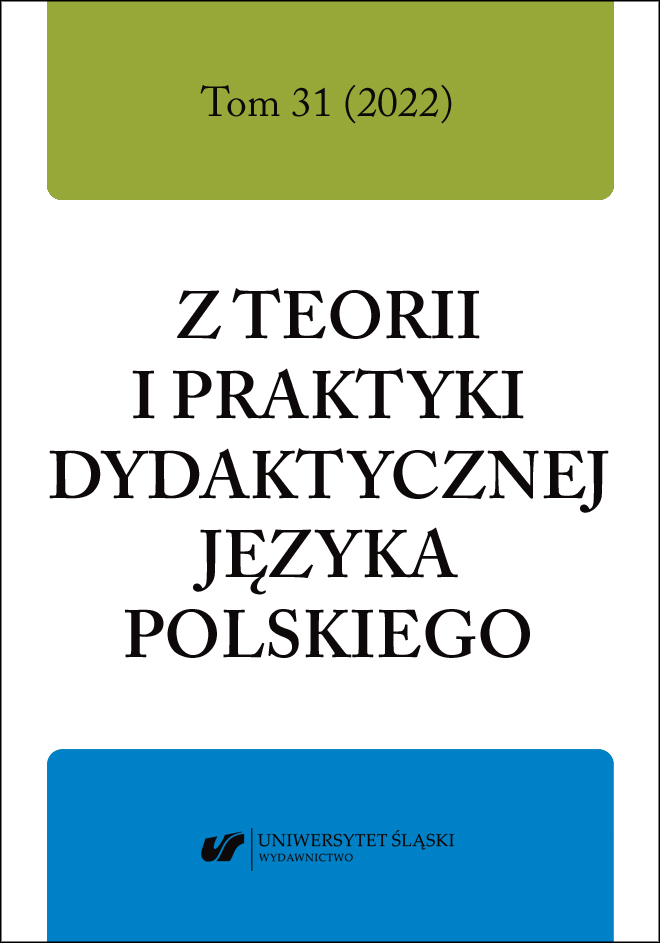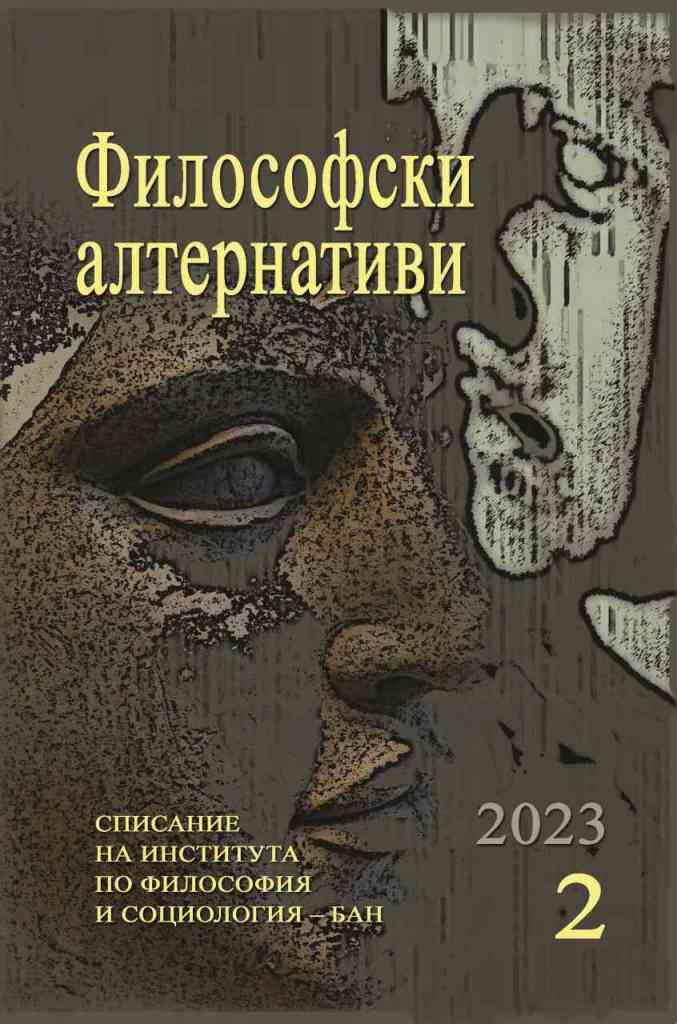
Антифилософията на Лев Шестов
The text discusses specific features of Lev Shestov's philosophical style, highlighting the main accents in it – even with his first works, Shestov gained the reputation of a philosopher who denied philosophy. The following philosophical figures are discussed – the paradoxicalist, the groundless man, the anti-dogmatist and the anti-metaphysician, etc., emblematic of Shestov. Important facts from his biography are examined, the totality of which could be part of the explanation for the originality of his thought, one of which is the lack of an academic philosophical education. Other relevant facts are the ethnic background as well as unusual circumstances of his early years. Special attention is paid to the relationship between Shestov and Husserl regarding the understanding of philosophy (the main opposition is between the conception of philosophy as a reflection – Besinnung, and of philosophy as a struggle) – the main stages in these relations are traced chronologically. Finally, Shestov's opinion on Indian thought, which he began to get to know and deal with since 1934, is presented, and his dissatisfaction with this thought is also discussed.
More...
